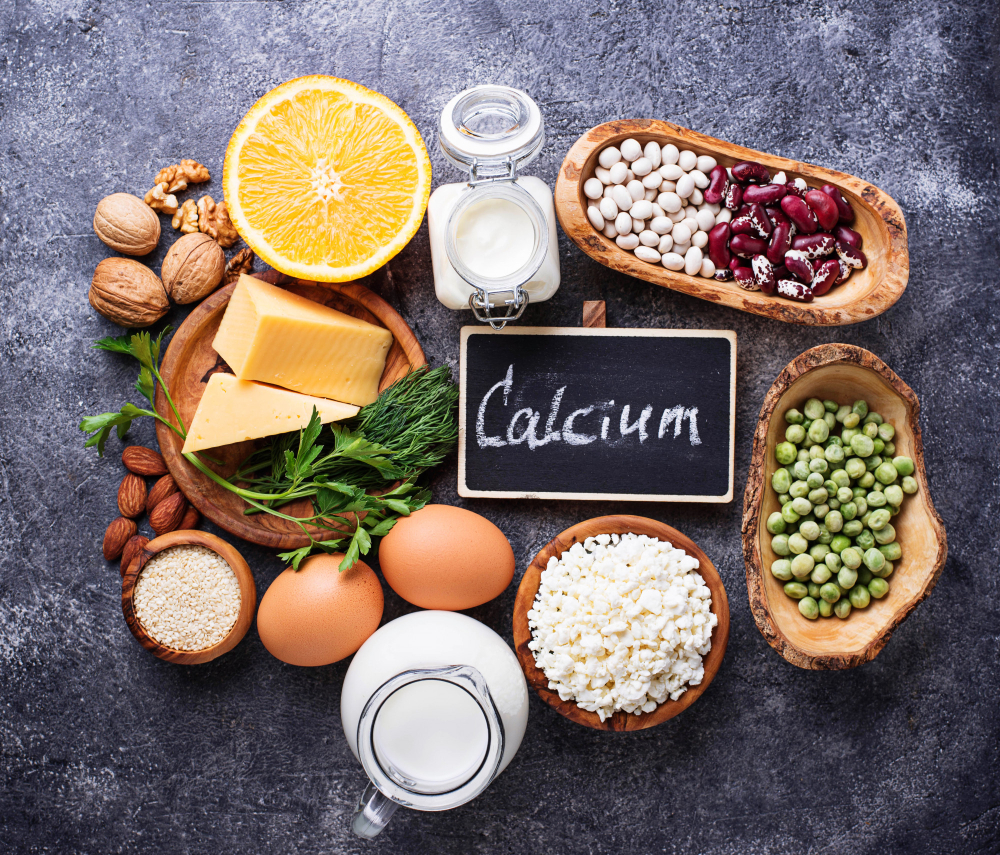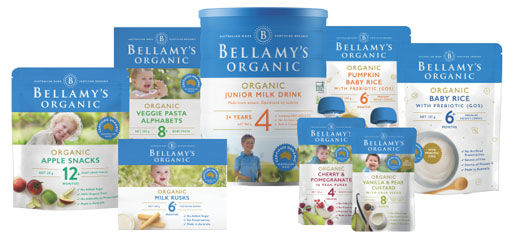How Organic Can Give Your Child a Nutritional Head Start

Feeding your kids is not always easy. One day they love bananas, the next day they don’t. Some kids only want food of a certain colour, others are fussy about certain textures. These quirks and preferences can be frustrating. But they’re not arbitrary.
Picky eaters are often influenced by social cues, parental feeding tactics and the ways that new foods are presented. Research also suggests that picky eating could be the result of early taste experiences encountered in amniotic fluid and breast milk.
With this in mind, the pressure is already on parents to feed their kids quality food. Many pediatricians and nutritionists also push it to be organic. Butis organic food really necessary?
Why healthy and why organic?
A solid nutritional start has an impact on a child’s life physically, mentally and socially. A child’s nutritional future starts before conception, with a well-nourished mother giving her child the best start. Good nutrition reduces the risk of disability dramatically. It also assists in the development of healthy blood, brains and bones, as well as organs and tissues.
Chemicals are inescapable. Both natural and synthetic chemicals are used as pesticides, made into fibers for clothing, synthesised into medicines, and manipulated to build furniture, technological devices and more. Toxins are a threat to everyone’s health, but for infants and children, they’re especially sensitive. Infants lack a fully-developed blood-brain barrier, the structure in the central nervous system that prevents the passage of chemicals between the bloodstream and the brain tissue. So we need to shield children as much as possible.
Organic food may seem like another thing to worry about, but it is one of the simplest ways to remove a leading source of chemicals from your child’s developing body. Choose organic meat and protect your child from antibiotic overuse too, which can increase the possibility of antibiotic-resistant strains of bacteria.
There are many other reasons to choose organic for your children outside of chemical, antibiotic and hormone use too. Other reasons include:
More antioxidants
Antioxidants are important for children because they destroy free radicals, and this helps to prevent inflammation and certain illnesses like heart disease and some types of cancers. A 2014 study concluded that antioxidants are between 19% and 69% higher in some organic fruits and vegetables when compared with non-organic fruits and vegetables.
Better taste
Since organic foods aren’t protected by pesticides they must protect themselves against insect attack. They do this by ramping up their own chemical defenses, which translate directly into flavour and aroma.
Kinder on the environment
Organic farming practices have many positives, including healthier soil, reduced groundwater pollution, and increased sustainability and biodiversity.
Animal welfare
Animals in organic systems must live as naturally as possible so this means no battery cages, sow crates and standing-room only pens. Organic is a great way to teach human kindness to your children.
What type of organic food is best?
If starting small and choosing only some things to buy organic, start with the foods that are actually more nutritious in organic form, and those foods that kids eat the most frequently. Examples of such food include:
Apples
Kids love to eat apples and the Dietary Risk Index (DRI) for conventional apples is 27 compared to 1 for organic apples. An added bonus is that organic apples may have higher antioxidant levels.
Strawberries
Conventionally-grown strawberries have a DRI of 48 compared to 1 in organic strawberries. Just like apples, they may have a higher level of antioxidants, too.
Potatoes
The average potato has more pesticide by weight than other produce. They have a DRI of 27 compared to 1 for organic potatoes.
Cherry tomatoes
Up to 13 different pesticide residues can be found on cherry tomatoes and studies show that conventionally-grown tomatoes have lower lycopene levels than organic tomatoes. The higher the lycopene levels, the higher the nutritional benefits.
Meat/milk/poultry/eggs
Antibiotic resistance is becoming a real problem and science suggests that eating meat and drinking milk from organically-raised cows and eating meat and eggs from chickens can be a simple way to eliminate the problem. Organic meat and milk is also shown to have improved fatty acid composition, which is important as this helps to improve the nervous system, build immunity, and boost brain function.
Soy
Conventional soy products may have genetically modified organism (GMO) ingredients. Children face the greatest risk from the potential dangers of GM foods as GM foods could expose children to toxins and increase allergies, potentially leading to larger health issues.
Peanuts/peanut butter
Conventionally grown peanuts are treated with pesticides and can have potentially toxic effects, especially for small children. Like meats, organochlorine (which has been linked to seizures in children) accumulates in fatty plant foods, so make the switch to organic peanut butter.
You may also check out the Environmental Working Group’s Dirty Dozen list of conventionally grown produce that should be avoided and the Clean 15 for foods that aren’t so bad.
Why Bellamy’s Organic?
When it comes to feeding infants and small children organic food, many mums rely on Bellamy’s Organic. Certified Organic, Australian made, environmentally responsible, simple flavours and textures, nutritious and delicious – who can blame parents for turning to Bellamy’s Organic?
Bellamy’s Organic really does offer a pure, simple and healthy start to life. Take a look at our full range of products at Bellamy’s Organic and visit our stockists — we offer infant milk, ready-to-serve baby food, snacks and more. Contact us today to find out more.
Featured post
-
05 Diet Plans That Are Good For Your Health
31/07/2022
-
Best Times to Sleep for Adults & Children
01/06/2022








